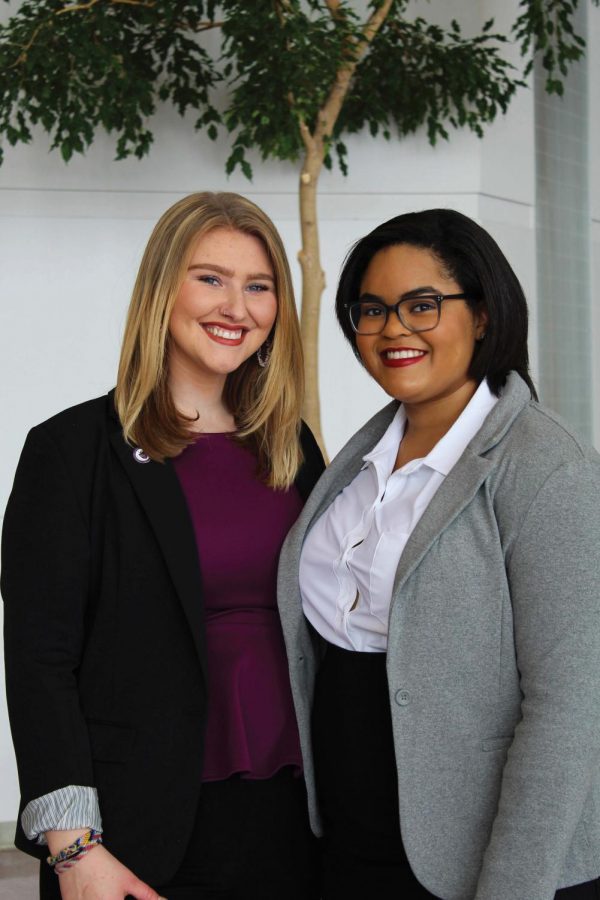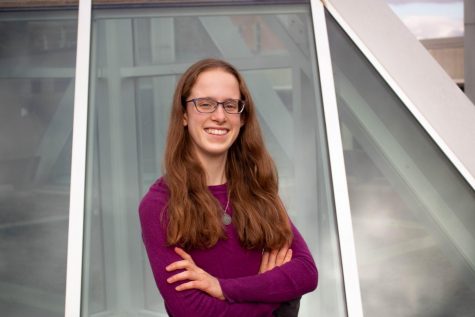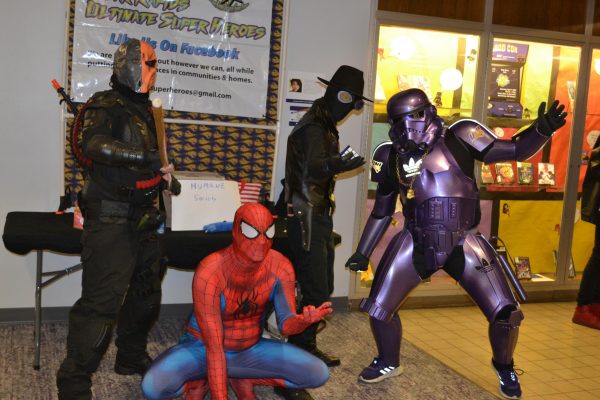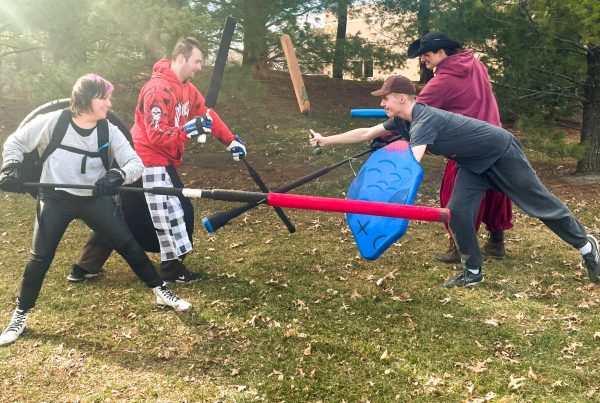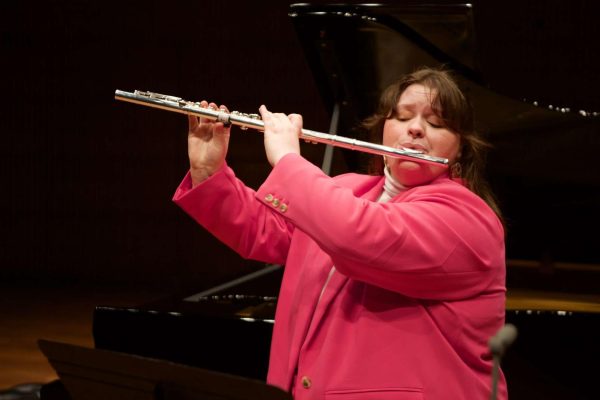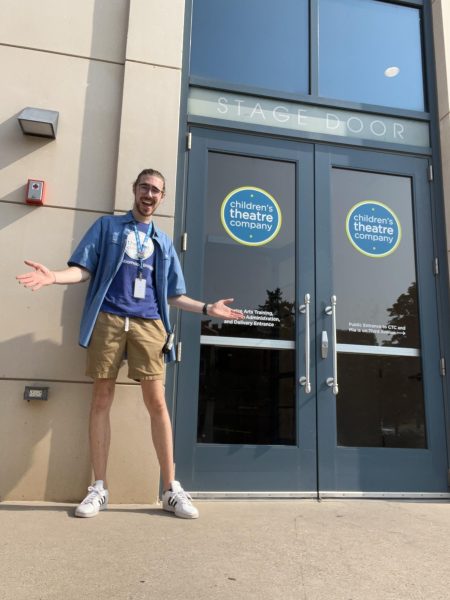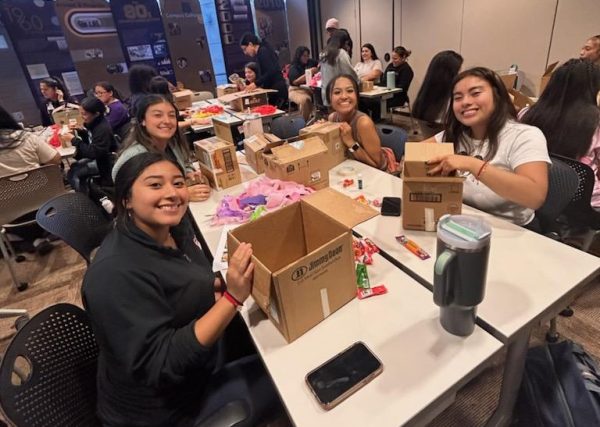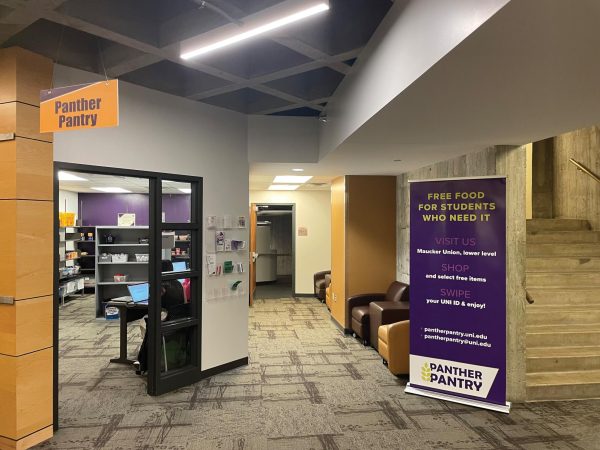NISG announces election results
Feb 27, 2020
The Northern Iowa Student Government (NISG) election this year wasn’t an especially tight race. With only one set of candidates running for student body president and vice president, Elle Boeding and Rachel Greene could be fairly certain of the outcome of the elections, which ended Wednesday night at 6 p.m.
But Boeding said that, although their victory — with 100% of the vote — wasn’t exactly a surprise, it still felt good.
“We’re excited to get to work,” she said. “We’re excited to actually start advocating for students in a way that is going to make a broader impact and we’re really excited about that.”
“To be completely honest, it hasn’t hit me yet,” Greene said. “But I’m super excited. We already have meetings set up with the current administration to see what our duties are going to be. I’m just excited to actually do the job. I’m better at that than the campaigning part, so to actually do that and hear students and continue to stay engaged, I’m super excited.”
Boeding and Greene’s campaign, with the slogan “For the Students,” focused on a three-pronged platform of Advocacy, Access and Academics. Within their platform, the newly-elected president and vice president hope to emphasize diversity and inclusion services on campus, establish trainings and better access to resources for mental health and sexual assault support and continue to hold higher administration accountable for student success.
Election results were announced by the NISG election commission in Maucker Union at 7 p.m. on Wednesday, Feb. 26. Chief Justice Bekah Bass, a junior sociology major with minors in Spanish and women and gender studies, introduced the commission before the evening’s winners were announced.
“The names that we are about to announce will have large responsibilities to fulfill as the new voice for students on UNI’s campus,” Bass said.
The commission began by announcing the winners of Senate seats from the various colleges. Many of the colleges had at least one open seat, and two — the College of Undecided/Interdisciplinary/General Studies and the College of Education — had no viable candidates.
The commission began by announcing the winners of Senate seats from the various colleges. Many of the colleges had at least one open seat, and two— the College of Undecided/Interdisciplinary/General Studies and the College of Education— had no viable candidates.
Senator-elects from the Graduate College were Denise Kassis and Jaclyn Davidshofer. From the College of Business, Esha Jayswal, Mohammad Rawwas and Matthew Barton as a write-in candidate were elected, leaving one open seat. New senators from the College of Social and Behavioral Sciences (CSBS) were Ochuko Avwunuma, Rocio Castrejon, Danielle Goedken and Gisselle Herrera. Finally, in the College of Humanities, Arts and Sciences (CHAS), Abigail Kraft and Alisanne Struck were elected, with Randy Everding and Noelle Sampson as write-in candidates and two open seats.
Bass encouraged UNI students to apply for at-large Senate and NISG Upper Cabinet positions to fill the empty seats. She said that, while numbers vary from year to year, certain colleges typically have tighter Senate races than others.
“We tend to have a lot of people run for CSBS seats, but there aren’t enough for them, and then don’t have enough people running in places like the College of Education, CHAS, people who are deciding majors [and] graduate students. We have a hard time getting them to run for Senate seats,” she said.
This year, six candidates vied for the four seats in CSBS, while in all the other colleges, the number of candidates was less than the minimum number of seats available, meaning that all candidates were elected.
Boeding echoed Bass’ call for students to get involved in NISG.
“We hope more people decide to get engaged,” she said. “Obviously, there’s a lot of [open] Senate seats, so that’s something that we’re going to really be pushing for.”


